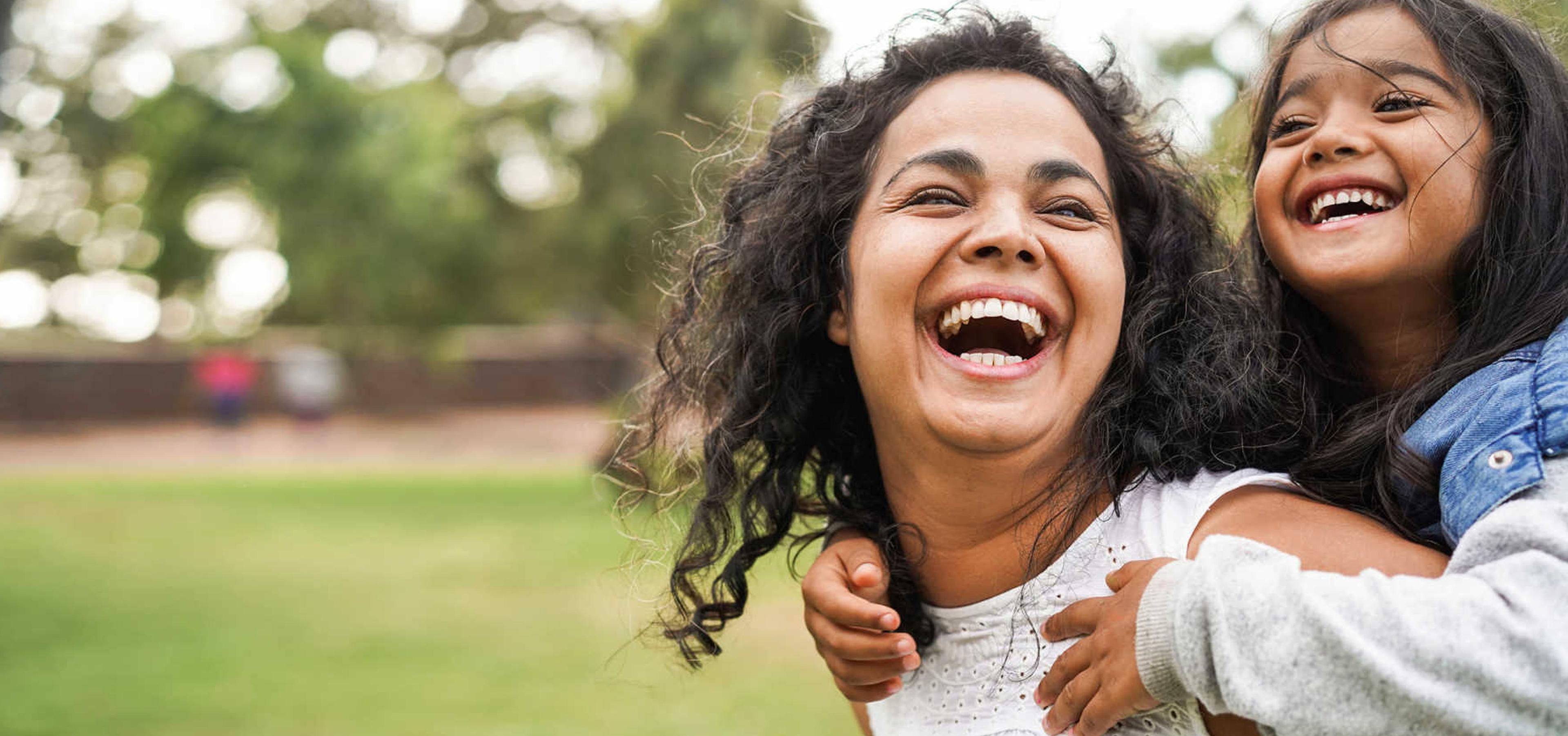Montessori education and gentle parenting share many similarities, making them an excellent match for parents looking for a more nurturing and child-centred approach to education and child-rearing.
Montessori Education Principles
Montessori education is based on the philosophy of Dr. Maria Montessori, who believed that children learn best when they are given the freedom to explore and learn at their own pace. Montessori schools promote independence, self-motivation, and a love of learning by providing children with a prepared environment that is designed to meet their developmental needs.

Gentle Parenting Principles
Similarly, gentle parenting is a parenting style that is focused on building strong relationships between parents and children through empathy, understanding, and mutual respect. Gentle parenting emphasises the importance of meeting children's emotional needs and helping them develop self-regulation skills through positive reinforcement and connection.
Benefits of Combining Montessori and Gentle Parenting
One of the main principles of Montessori education is that children learn best through hands-on, experiential learning. This aligns with gentle parenting, which encourages parents to engage in activities with their children and focus on the child's interests and needs.
Montessori education also promotes the development of self-discipline and self-regulation, which is a key aspect of gentle parenting. Children in Montessori schools are encouraged to make choices and take responsibility for their actions, which helps them develop a sense of independence and self-confidence.
Gentle parenting also emphasises the importance of positive reinforcement and praise, which is a key aspect of Montessori education. In Montessori schools, teachers focus on positive reinforcement and praise to encourage children to engage in learning and develop a love of learning.
In conclusion, Montessori education and gentle parenting are aligned in many ways, making them an excellent match for parents looking for a more nurturing and child-centred approach to education and parenting. Both emphasise the importance of meeting children's needs, building strong relationships, and promoting independence and self-regulation skills.

